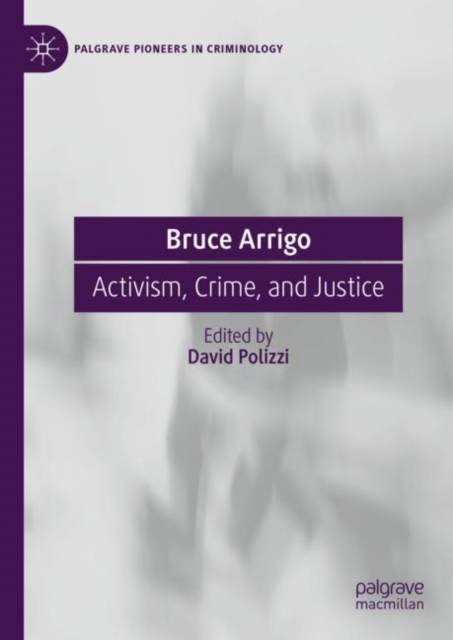
- Afhalen na 1 uur in een winkel met voorraad
- Gratis thuislevering in België vanaf € 30
- Ruim aanbod met 7 miljoen producten
- Afhalen na 1 uur in een winkel met voorraad
- Gratis thuislevering in België vanaf € 30
- Ruim aanbod met 7 miljoen producten
Zoeken
€ 42,45
+ 84 punten
Omschrijving
This book examines various aspects of the work of Bruce Arrigo related to therapeutic jurisprudence, criminal justice ethics, and the place of critical theory in criminology and related fields. Arrigo's work spans over thirty years and during that time has been an important voice in the practical and theoretical application of post-modern and critical theoretical approaches to mental illness, the practice of forensic psychology, and a wide variety of critical reflection concerning incarceration, rehabilitation, and the ethical practice within the criminal justice system. Each individual contributor offers their own perspective on his work and its specific influence on the topic under discussion. This book speaks to academics focused on the application of critical criminological theory within a variety of disciplinary contexts. These include forensic psychology, psychological jurisprudence, criminal justice ethics, and philosophically based critiques of the law and mental health and criminal justice activism.
Specificaties
Betrokkenen
- Uitgeverij:
Inhoud
- Aantal bladzijden:
- 140
- Taal:
- Engels
- Reeks:
Eigenschappen
- Productcode (EAN):
- 9783031282980
- Verschijningsdatum:
- 21/09/2023
- Uitvoering:
- Hardcover
- Formaat:
- Genaaid
- Afmetingen:
- 148 mm x 210 mm
- Gewicht:
- 335 g

Alleen bij Standaard Boekhandel
+ 84 punten op je klantenkaart van Standaard Boekhandel
Beoordelingen
We publiceren alleen reviews die voldoen aan de voorwaarden voor reviews. Bekijk onze voorwaarden voor reviews.










